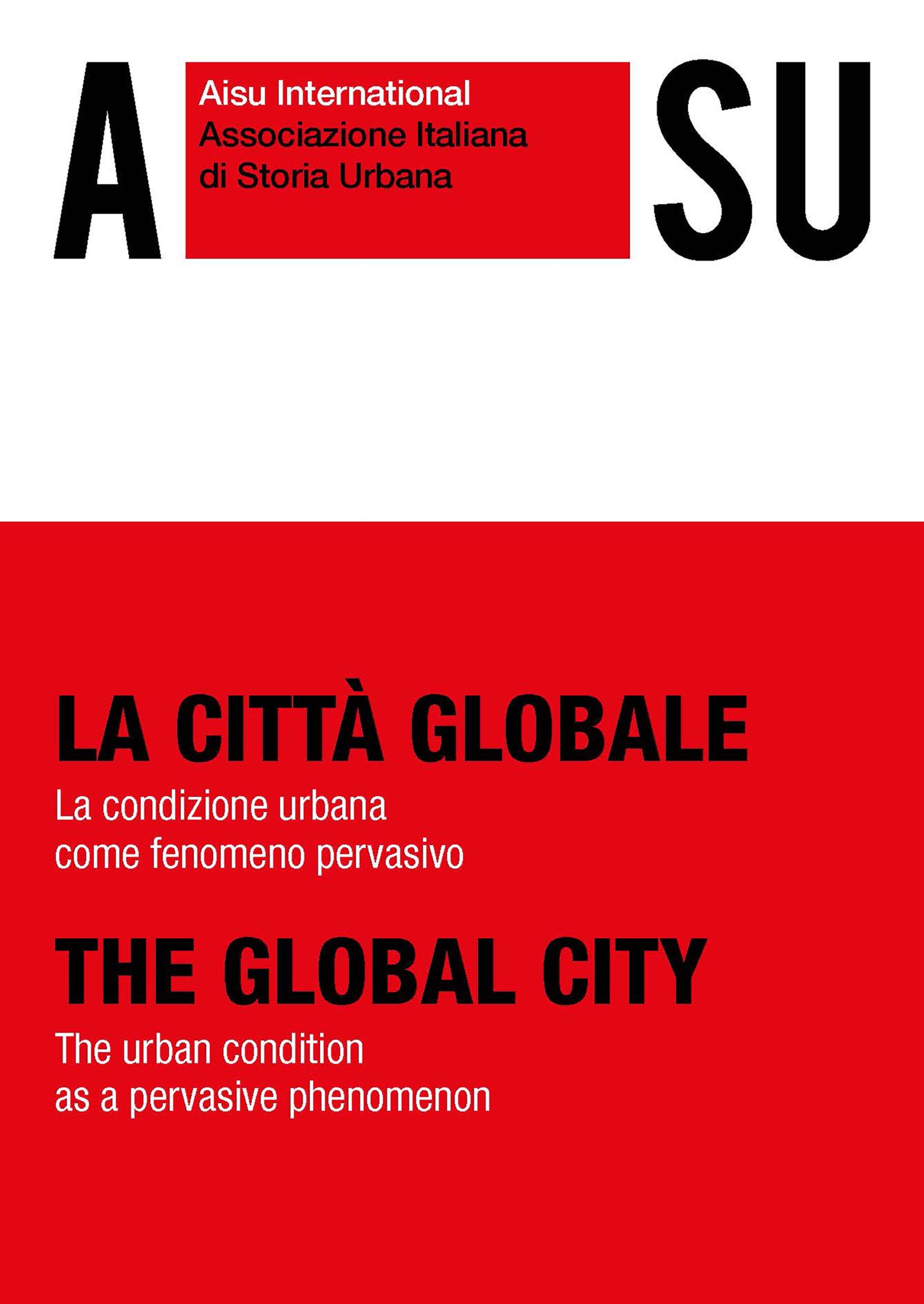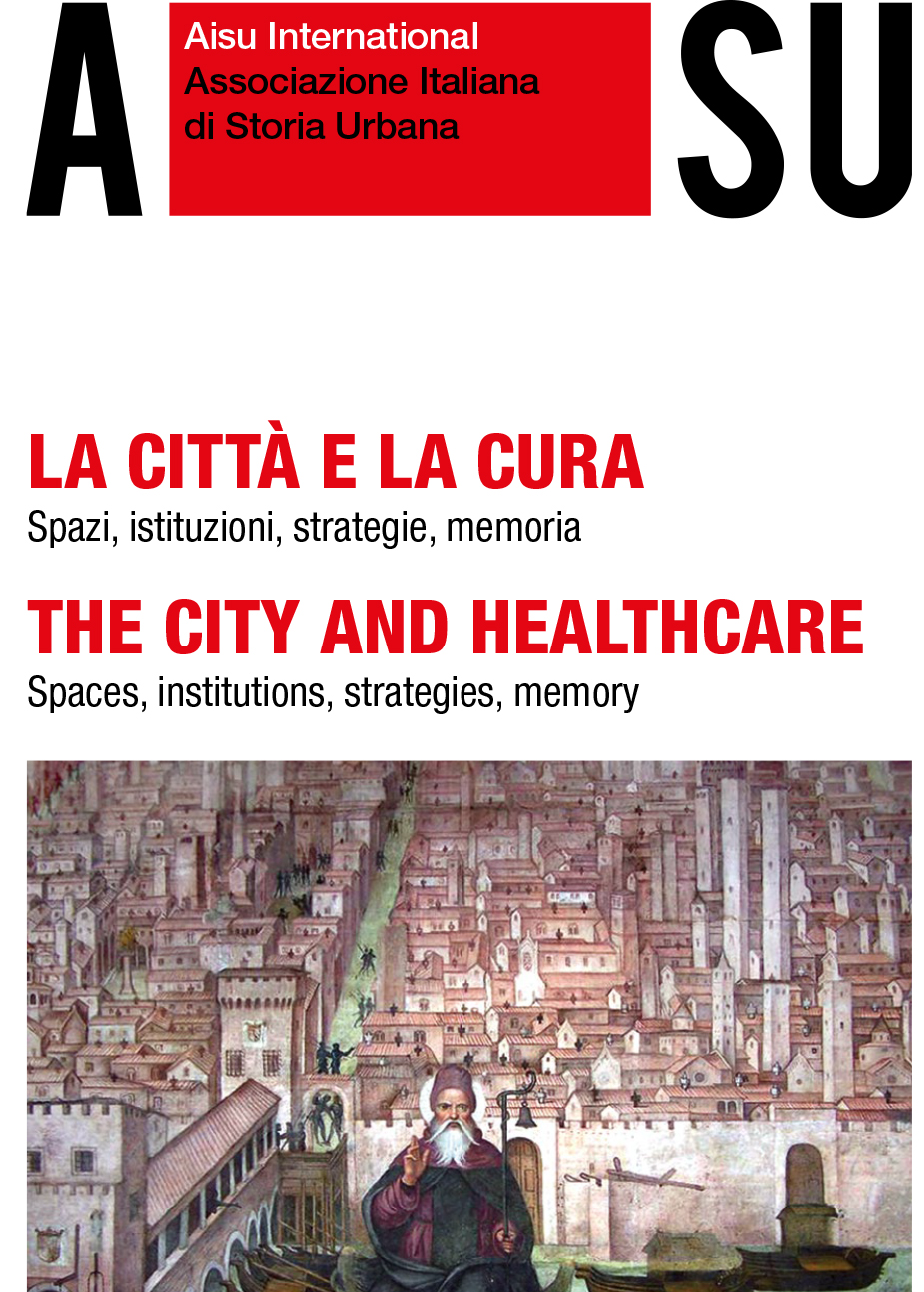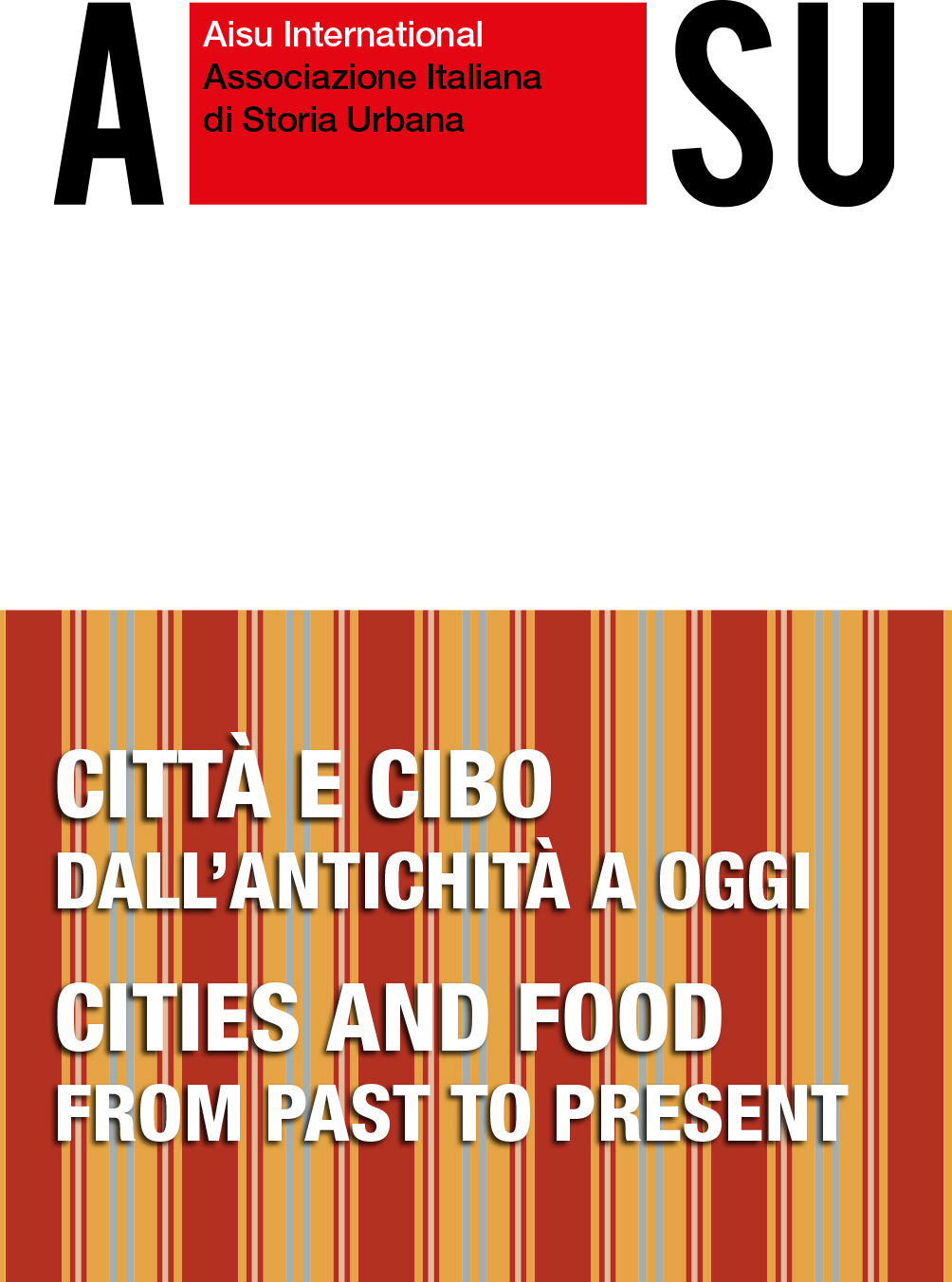Series directed by Rosa Tamborrino and Luca Mocarelli
Scientific Board
AISU Board of Directors
The aim of the Insights collection is to present studies treating very broad topics in urban history on which recent developments in research into the multiple branches of the field have been drawing new findings. Its volumes are designed to be inclusive of a considerable number of contributions reflecting the various and varied geographies, aspects and connections, segments and priorities revealed by research responding to a specific impetus for that given theme at that particular moment.
All papers to be published will undergo Double Peer Review.
Scientific Board
Donatella Calabi
Paola Lanaro
Fabio Mangone
Luca Mocarelli
Peter Stabel
Donatella Strangio
Guido Zucconi
I soci in regola con il pagamento delle quote per il corrente anno possono scaricare i volumi facendo login e trovando nella sezione DOWNLOAD nel menù EDIZIONI tutti i file in formato PDF.
 | The book is composed of nearly four hundred essays arranged in seven thematic sections which in turn are divided by fifty-five chapters, each of which opens with reflections and comments that clarify the objectives and purposes of the essays included. The book is edited by Marco Pretelli, Ines Tolic, Rosa Tamborrino. |
| “La città globale / The Global City” | |
 | The city has always been a privileged place for medical treatment, although in some historical moments it was also perceived as a place where the body fell ill; on the other hand, it has developed suitable tools and spaces in which to find remedies for diseases. Political, institutional, cultural and scientific changes have determined in ancient cities and new spaces destined for therapies and well-being. From religious to scientific, the vision and organization of care as a social and cultural theme have generated - in different eras - ways, strategies, practices and customs that have influenced the large scale of urban history, as well as the developments and transformations of different places designated in the cities, or alternatively excluded from the city context. Part of the contributions reworked after the international conference organized by the University of Pavia and the Italian Association of Urban History in September 2020 are collected here. The themes range from issues related to care to spatial and distributive elements or architectural typologies, from social, cultural, institutional and administrative practices in management ordinary and extraordinary impact on neighborhoods or specialized urban areas. The essays as a whole bring out different forms of attention and conception of care - analyzed in the moments of prevention, therapies, emergencies and hospitalization, up to rehabilitation - in different eras and in different geographical and cultural contexts in relation to urban history. |
| “La città e la cura / The city and healthcare” | |
 | Il cibo e la città, i due termini intorno a cui è costruito questo volume, sono strettamente legati da migliaia di anni perché la nascita dei centri urbani è la conseguenza più rilevante della prima grande rivoluzione economica della storia, quella che circa diecimila anni fa ha portato all’avvio dell’agricoltura e dell’allevamento, consentendo di superare la condizione di cacciatore-raccoglitore in cui l’umanità aveva vissuto per centinaia di migliaia di anni. Le città, infatti, che si affermano sin dall’antichità come centri della stratificazione sociale (sovrani, sacerdoti, guerrieri, mercanti, artigiani, schiavi) e della diversificazione economica (manifatture e commerci da una parte e campi dall’altra), sono concentrazioni, via via sempre più consistenti, di persone che nella loro grandissima maggioranza non coltivano la terra ma che devono però essere nutrite e sostentate. La relazione tra cibo e città, proprio per la sua complessità e la sua notevolissima stratificazione temporale, richiede di necessità un approccio pluridisciplinare che emerge chiaramente anche da questo volume dove troviamo contributi di archeologi, storici economici e della città, storici contemporanei e dell’alimentazione, antropologi, architetti, urbanisti ecc. |
| Città e cibo dall’antichità a oggi / Cities and food from past to present | |
